What supported me through the listed stressors and so many more opportunities that I had questions about and/or just needed confirmation that I was on the right track, were my colleagues and friends at MEMSPA! As a member of MEMSPA for the last 25 years, there have been so many leaders, excellent professional learning opportunities, and resources provided by staff and members that have shaped my leadership journey!
I thought you would enjoy a little history of MEMSPA! MEMSPA has had several name changes over the years. It started as an offshoot of the MEA(Michigan Education Association) in 1926 as the Department of Elementary School Principals(DESP). It is interesting to note that one of the first co-chairpersons elected was Miss Cora M. Riggs who served as a principal at Jefferson Elementary School in Grand Rapids!
In 1965 due to the passing of ACT 379 which allowed for collective bargaining, the membership voted to break away from the MEA and create their own organization called MAESP (Michigan Association of Elementary School Principals.) In the 1970s, Middle School Principals were added to the organization to lead to the final name change of MEMSPA. In the early 80’s, MEMSPA officially became unified with the National Association of Elementary School Principals(NAESP) which brought the power of the National Organization- more resources, national conferences, and other amenities to all members. Over the years, the main overarching goals were to build leadership for principals, create opportunities for learning, sharing common challenges, and networking to seek answers It is interesting to note that in the Thirties, parents were complaining about the hours of radio listening that children were doing and that the schools should intervene and guide their excessive radio listening. Sound familiar? Pick a decade and parental response to TV watching and the use of computer devices!
In the beginning, women served as elementary principals at a higher percentage than men. As GI’s returned from the War and education was more appealing as a vocation, the ranks of elementary principals changed and more men were added to the organization. Over time, principals moved from duties as teachers and principals to just principals. Office staff was added to assist with informational and communication duties in the ’50s in many schools. All along, principals were charged with having their schools participate in activities related to wartime, selling war bonds, collecting, cans, etc. In the 1970s, a strong push from the principal organization focused on ensuring that full funding was provided to public schools.
The 80’s brought a focus on professional learning and each summer at the Kettunen Center, Madeline Hunter’s ITIP training was facilitated for principal learners as well as other areas of focus. For many years, members attended learning in the summer at Camp Kett! For almost eight years we have experienced our summer learning as part of our Summer Leadership Institute. Also in the early ’80s, MEMSPA’s first Executive Director was hired! In the beginning, members collected dues, kept the books, sent out membership cards, and planned professional learning!
The ’90s brought the age of Technology! The memspa.org website was launched in 1998! Our own Annette Erickson experienced the shift from hand typing membership cards and keeping track of membership rolls to finally having a computer that would simplify the job! A special $10 addition to membership dues ensured the purchase of a computer system for the MEMSPA office. If anyone could tell the history of MEMSPA through the years it is dedicated and always present Annette! None of us would have imagined the current digital age of Twitter handles, hashtags, #MEMSPAchat, Spotlight on Innovation, and the many ways we continue to learn with and from each other by connecting throughout our nation and world with leaders through technology!
In the late ’90s, our organization went through a very tumultuous time of leadership change and instability. Finances were in disarray and the potential of merging with the Secondary Principals Association loomed. Thanks to the new Executive Director leadership and strong membership leadership, this was not the case! The ship was righted, our current building was purchased and we continued on building our membership. Kudos to these members who many still serve our organization as retiree members!
What will this next decade of our organization bring? Only time will tell. This year has certainly shown that we need each other, we need this organization that supports us in times of need and challenge more than ever, and we need to continue to support MEMSPA through our membership and service! M.E.M.S.P.A will be there for you! How will YOU be there for M.E.M.S.P.A?
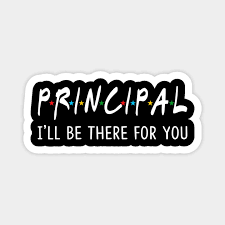
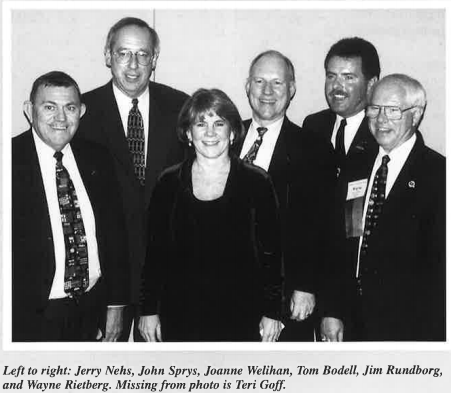
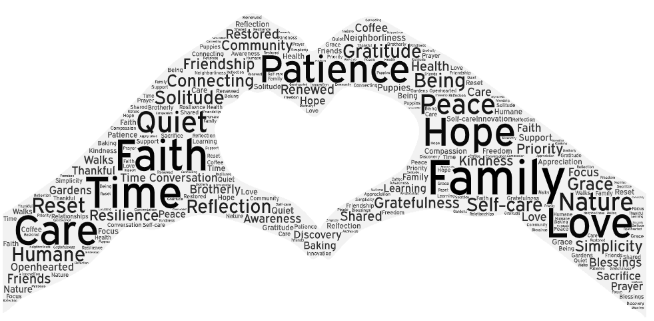

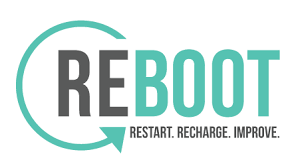

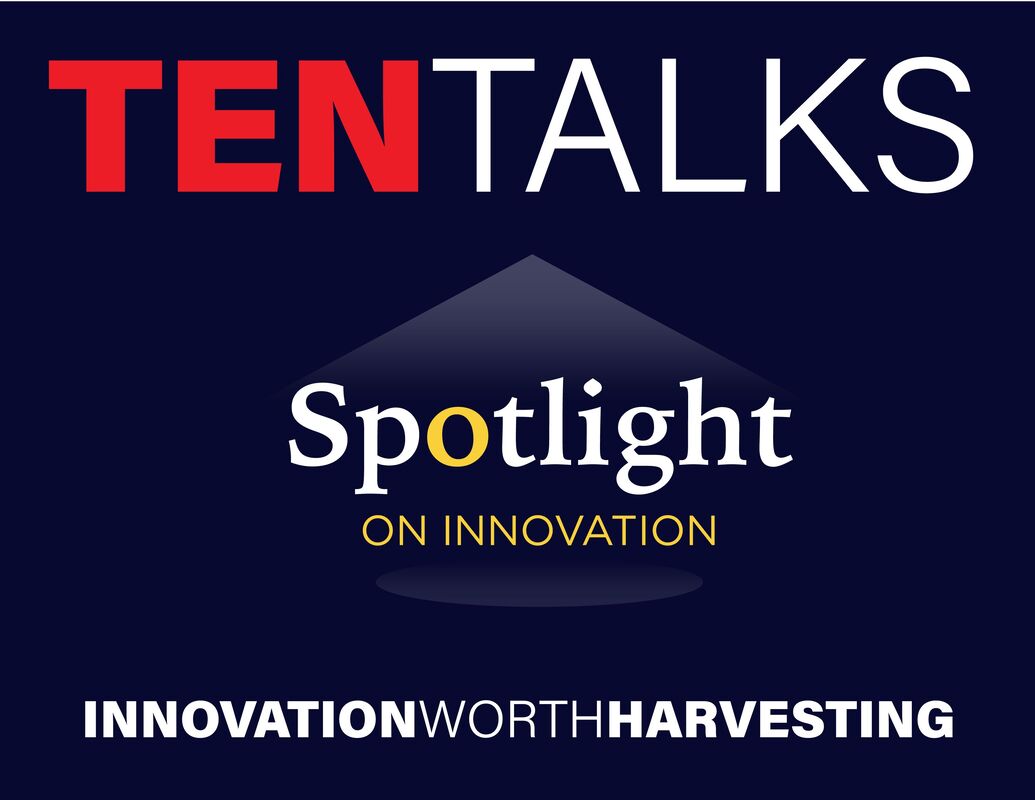
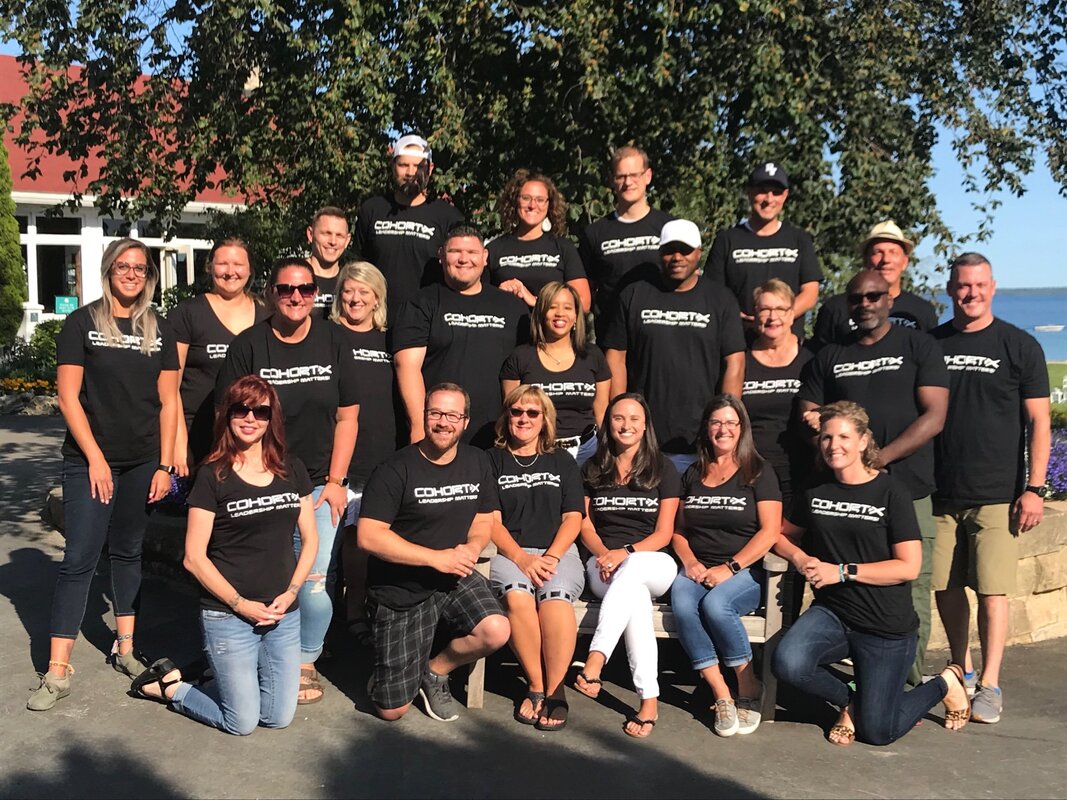
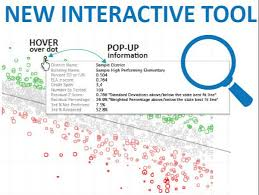


 RSS Feed
RSS Feed